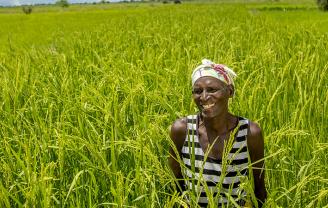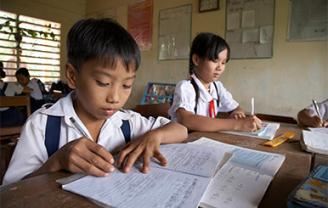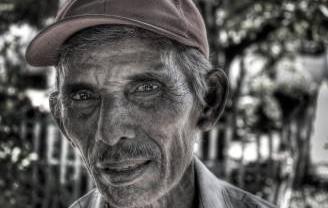Send love this Mother’s Day with gifts of hope
In honor of the mother in your life, send a gift to someone in need.
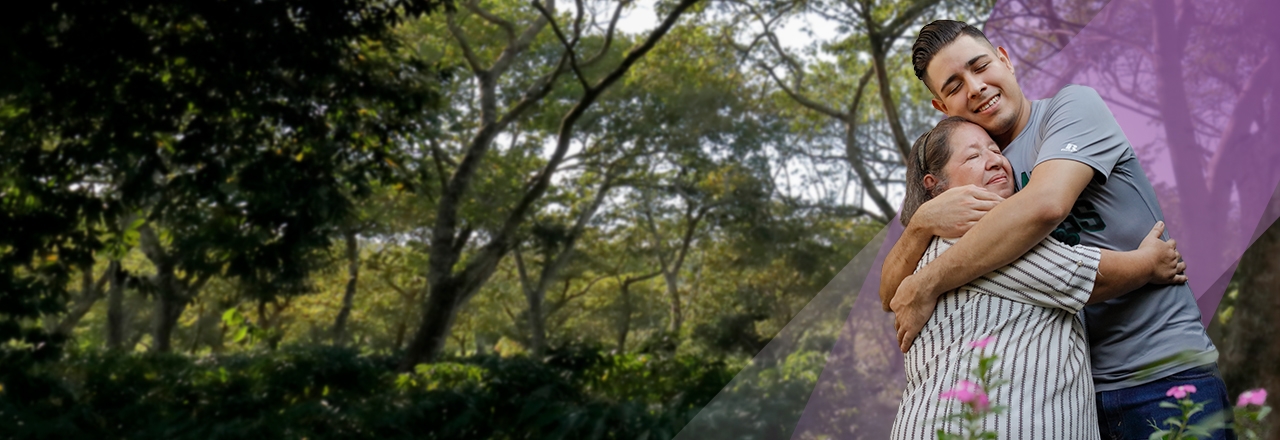
putting our faith into action to help the world’s poorest create lasting change
Honor Our Blessed Mother using this free resource
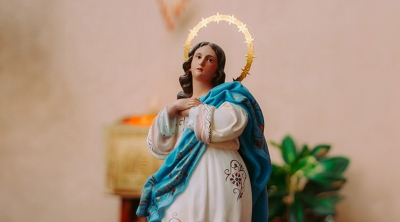
As little as 40¢ can make a difference
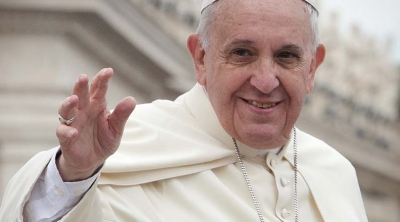
our work overseas
We work with organizations around the world to help poor and vulnerable people overcome emergencies, earn a living through agriculture and access affordable health care
Turn Dollars Into Change
Bring lasting change to children and their families. Become a regular donor and for just 80 cents a day, you can make a difference!
Ways to get involved
Latest News
-
April 24, 2024
CRS Applauds Congressional Passage of Foreign Aid Bill
Bill includes more than $9 billion for global humanitarian aid
-
April 8, 2024
Six Months On, CRS Expands Humanitarian Operations in Gaza; Calls for Immediate End to Violence
Additional CRS distribution sites, offices, warehouses established, but more aid needed
-
March 28, 2024
Celebrate Easter with Your Global Family Through Lenten Alms
Turn in your CRS Rice Bowls to reduce hunger and poverty worldwide
